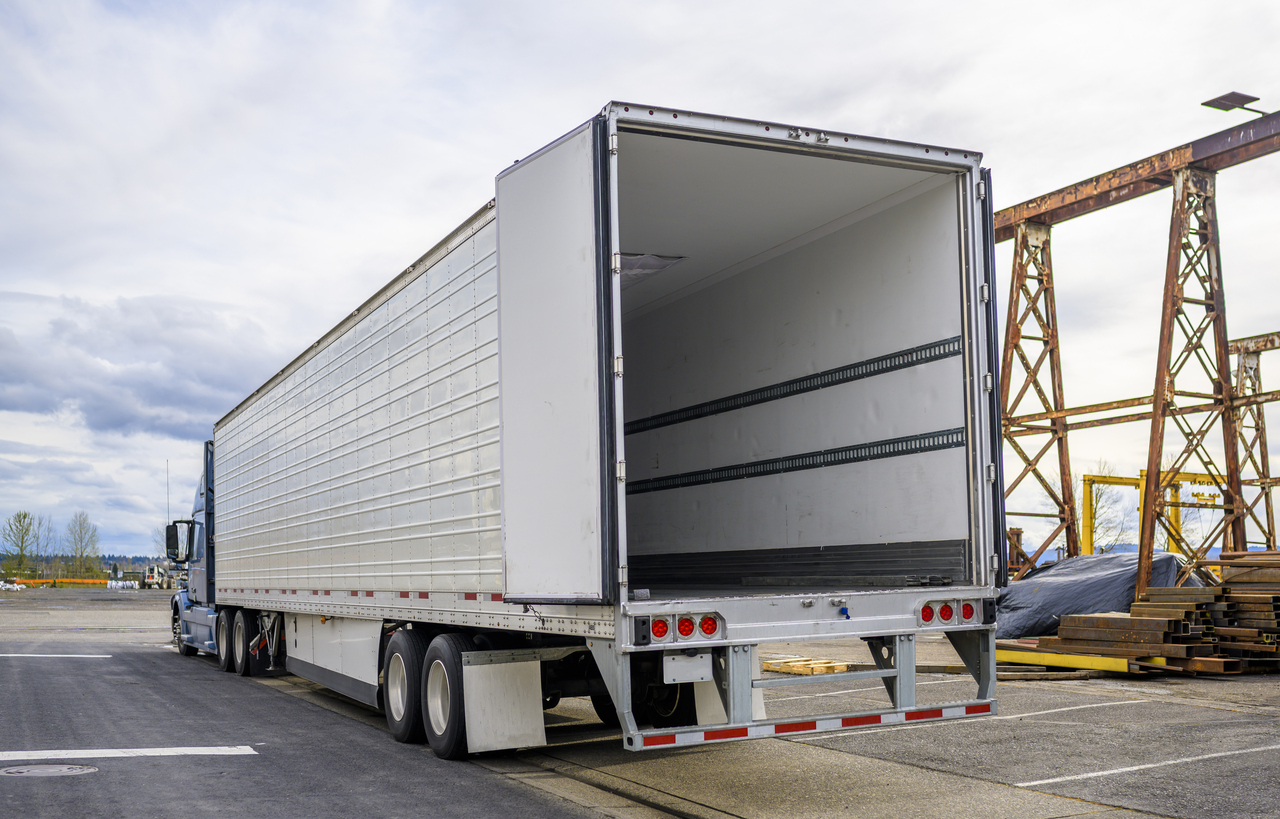
Canada’s merchandise trade surplus with the world narrowed to $422 million in February according to numbers released by Statistics Canada on April 5.1 The surplus had been $1.2 billion in January. Exports were down 2.4% in February, while imports decreased by 1.3%.
Exports Down in Most Categories
Exports were down 2.4% to $65 billion on the month, after having climbed 3.5% in January. Of the 11 product categories tracked, the only one not to experience a decline was farm, fishing, and intermediate food products, which increased 2.1%.
Exports of metal and non-metallic mineral products were down 5.4%, with unwrought gold exports being a major contributor to this decline.
Motor vehicles and parts exports fell 4.4% to $7.9B, with a 7.3% decrease occurring in the export of passenger cars and light trucks.
The category of aircraft and other transportation equipment and parts fell 14.9% to $1.9 billion, the lowest total since April of last year. Low exports of private jets and commercial aircraft explain much of this decline.
Exports were down 0.9% in real or volume terms.
Imports Down, Including Unwrought Gold and Passenger Cars
Total imports were down 1.3% to $64.6 billion in February after a 3.6% increase in January. 8 of 11 product categories experienced declines.
The import of industrial machinery, equipment and parts decreased 8.7% after a record high in January. Imports of modules and parts for the new liquified natural gas terminal project under construction in BC are not consistent from month to month and this has caused substantial fluctuations in the category dating back over a year.
Imports of motor vehicles and parts also cooled in February, decreasing 5.3% after a 10.3% increase a month previous.
Imports of consumer goods rose 6.9% in February, almost entirely due to a 35% increase in the import of pharmaceutical products. Much of this is due to drugs unrelated to Covid-19 being imported from Ireland.
Imports were down 0.8% in real or volume terms.
Surplus with US Widens, As Does Deficit with Rest of World
Exports to countries other than the US decreased 7.2% in February, after a 6.3% gain a month earlier. Imports rose 1.3%. The trade deficit with countries other than the US climbed from $7.4 billion to $8.9 billion.
The trade surplus with the US, meanwhile, rose from $8.6 billion to $9.3 billion, a third consecutive monthly increase. Exports fell 0.9% while imports decreased 2.8%.
Grocery Executives Undeterred by Political Pressure
Alleged profiteering by grocery chains continues to make headlines, but Canadian Alliance President William McKinnon doesn’t expect them to buckle anytime soon.
“The bottom line is that grocery executives and companies will do what they have to do to run their businesses, regardless of what the politicians say,” he says. “The market sets the prices and the grocers will skillfully balance demand with their costs to maximize margin to determine the end costs to consumers.”
Temporary Excess Trucking Capacity
McKinnon currently sees an excess capacity of transportation in some sectors, which could further pad the pockets of the grocery giants.
“If they can save money on transportation, it’s highly unlikely that they’ll pass that along to customers,” he says. “They’ll use that as margin.”
McKinnon doesn’t expect the capacity excess to last long, as trucking continues to decline in Canada. He notes driver shortages, regulations, and consolidation as trends in the industry.
“You can’t operate all these companies independently,” he says. “You need to share overhead, technology and other expenses.”
ESG Throughout the Supply Chain
Increased focus is also being placed on ESG, with companies being called upon to be more aware of what’s happening throughout their supply chain.
“There’s more of a social conscience that exists around things like green initiatives and carbon credits,” says McKinnon. “This will continue to be a big issue in transportation.”
McKinnon observes that the larger a company is, the more scrutiny they face in this regard.
“We see it more with our larger customers,” he notes. “Their profile is more open to the public and can create a liability. Our smaller customers remain stealth-like.”
Interest Rates Impact Inventory Levels
While speculation persists, a recession has not yet materialized. Despite this, McKinnon has seen economic policy affect the way businesses are approaching inventory.
“I think that inventory levels have been impacted by interest rates,” he says. “A lot of companies use their operating lines to finance inventory, so when interest rates increase, the carrying costs of products increases.”
Technology Modernizes Logistics
Canadian Alliance recently invested to upgrade their technology systems, providing customers with greater automation and transparency. McKinnon notes that some in the industry are happy to focus on modernization, while others hesitate.
“There is a need for continual upgrading, which is difficult for companies to come to terms with,” he says.
McKinnon believes that large retailers will ultimately set the tone for the pace of change.
“Manufacturers are getting pushed by customers, such as the grocery chains, who are very smart about how they manage their business,” he says. “Their systems are predicated on maximizing ROI per square foot and margin per product. Not all of the manufacturers are as adept as they are.”
Cited Sources
1 Government of Canada, Statistics Canada. “Canadian International Merchandise Trade, February 2023.” The Daily – , April 5, 2023. https://www150.statcan.gc.ca/n1/daily-quotidien/230405/dq230405a-eng.htm.
Direct Communication with William McKinnon
